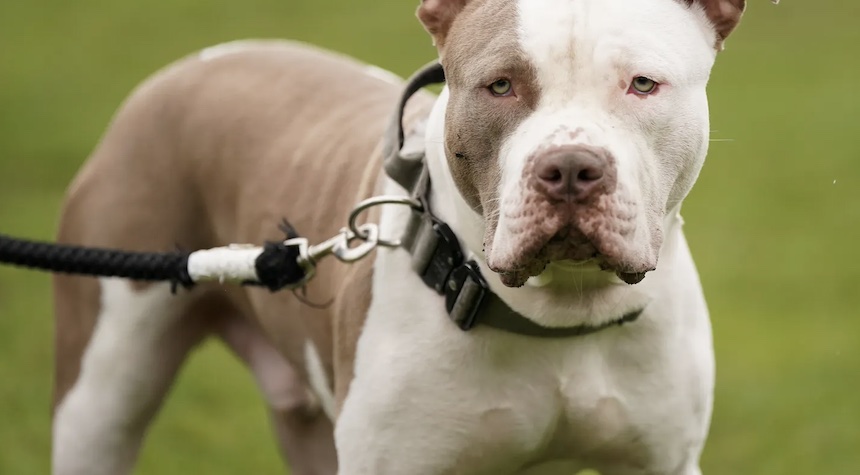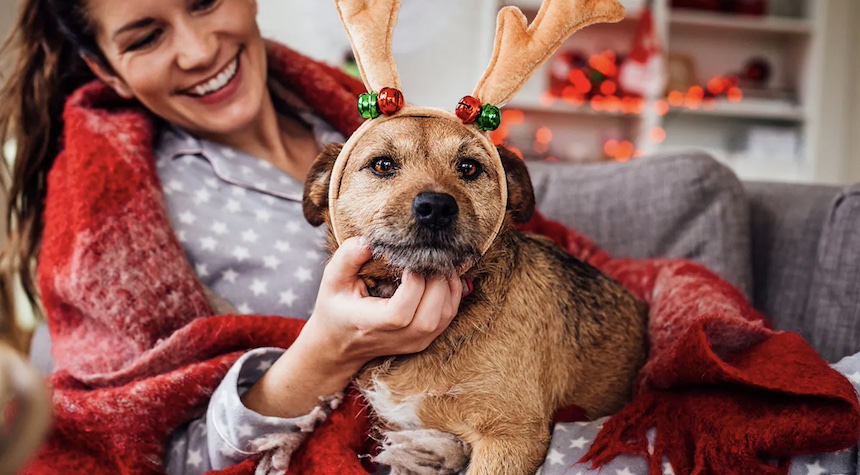Cases of a fatal respiratory condition in dogs have appeared in Oregon, Indiana, Illinois, Washington, Idaho, California, Nevada, and throughout the Northeast as veterinarians scramble to determine what is causing the mysterious illness.
Experts say that the first symptom is a persistent cough, which can last several weeks and is resistant to antibiotic treatment.
“It appears to happen very quickly,” Dr. Lindsay Ganzer told TODAY. She is a veterinarian from the North Springs Veterinary Referral Center, located in Colorado Springs. “Dogs go from this cough that just won’t go away… then all of a sudden they develop this pneumonia.”
Kevin Snekvik is the Executive Director of Washington Animal Disease Diagnostic Lab, whose laboratory has been researching this condition. He described the symptoms in an interview with KIRO7.

“Your dog will run a fever and they won’t feel good,” Snekvik said. “They’ll become lethargic, meaning they want to lie around more when normally they’d be wanting to play outside… and the coughing part of it, that becomes more productive like a wet cough, like a hacking cough.”
According to the Oregon Department of Agriculture, symptoms include sneezing and eye or nasal discharge. They also include fatigue, blue gums, or purple gums due to oxygen deprivation.
Dr. Amanda Cavanaugh is the head of urgent care at Colorado State University James L. Voss Veterinary Teaching Hospital. She told Today that cases of contagious coughing in dogs usually decrease as temperatures drop and fewer dogs congregate in dog parks.
Cavanaugh said to the outlet that “this year the spike is still high.”

Kurt Williams of the Oregon Veterinary Diagnostics Lab has been researching this illness for a month-and-a-half and says that researchers are “trying” to pinpoint a cause or causes.
Williams speculates the illness could be a viral infection: “The cases present, and the way they are spreading anecdotally – of course, it sounds infectious.”
Oregon Department of Agriculture advises dog owners to make sure their dogs have all their vaccinations up-to-date, including those for Bordetella, parainfluenza, and canine influenza. The organization recommends that dogs have a health check 12 to 24 hours prior to attending an event with other dogs. Owners are also advised to consult their veterinarians for advice on dog-specific issues before attending any events at which dogs congregate.
Snekvik recommends that dog owners avoid boarding their pets during the holidays and avoid congregating around unfamiliar dogs.


